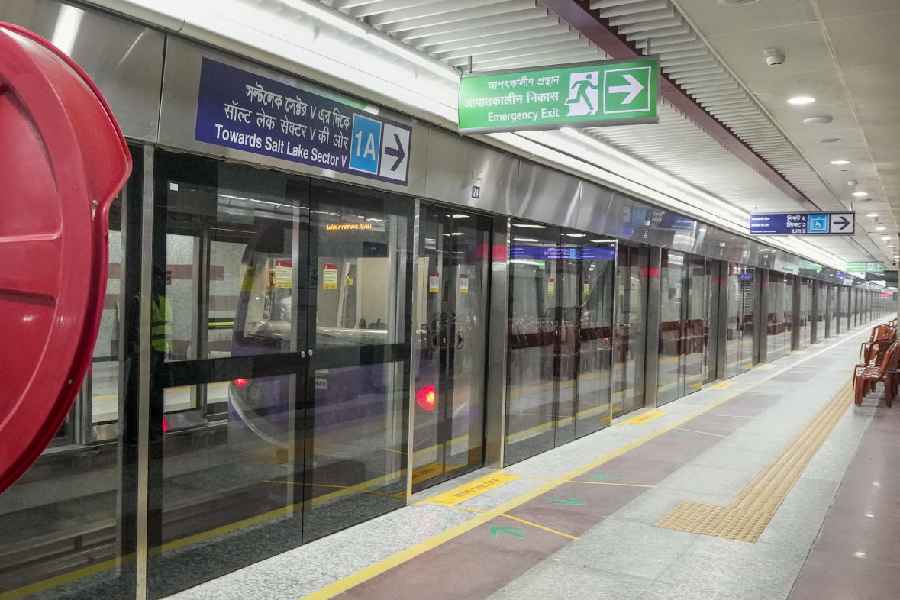The Covid-19 pandemic has claimed more than 2 lakh lives and is the worst one the world has seen since the advent of desktop computers. Computers and modern technology changed the workplace in a very big way, after centuries of staying the same. Two comparatively recent pandemics — the Asian Flu of 1957-58 that killed 1.1 million and the Spanish Flu of 1918-20 that claimed 500 million lives — were worse. Everyone, however, went back to their normal routine afterwards. It is unlikely that the same thing would happen with Covid-19.
The workplace as we know it will change in a big way. Working from home will become the standard. Use of video conferencing will be preferred over travelling to meet clients. Offices will have to adopt cultures that will prevent touching and encourage the use of personal protective gear or PPG.
In the absence of any medicine or vaccine as yet, governments are not willing to take the risk of opening offices and markets. With each incremental day of the lockdown, more jobs are vanishing and more companies are becoming unviable. Managements do not have experience of handling anything like this. They just know that lower expenses will buy them more time. Now, companies are cancelling hiring plans.
But this doesn’t mean you will have to aim for less. With a change in strategy and better planning, you will be able to not just secure your career but make a valuable contribution to society.
Be an optimist
You are not alone in your crisis. Just like after 9/11 and the financial meltdown of 2008, this time too governments are stepping in to support the economy with lower interest rates, fiscal easing, subsidies and stimulus packages. All this will not just counter the impact of Covid-19 in the short-term but will give a boost to economic activity once the virus shows signs of retreating. The perception of the impact of Covid-19 has been magnified due to factors such as social media and the tone of popular narrative. The reality is not going to be that bad. In other words, things are not as bad as they seem. The first thing to remember in such times is “our confidence is our biggest asset”.
Acquire new skills
With all the time in hand, you may want to pick up a new skill. Harvard University is offering many courses for free during this time that you can access at https://tinyurl.com /y5whkpnn. There are similar e-learning programmes from other universities too. These courses are designed by the best professors and would definitely be of help.
Re-evaluate plans
Were you planning to join the glamourous airline industry, restaurants or hotels? These industries will certainly suffer the most and will take a long time to recover. If you had aimed for these industries and developed the relevant skills, you may have to try and find other industries where such skills could be put to use. If you were training to become a steward, consider changing track to customer service or perhaps marketing.
Target the boom
The pharmaceutical and healthcare industries are not only known to be insulated from a crisis but the pandemic will also provide a boost to them. There will be new industries in India — medical equipment, testing kits, PPEs — that will be necessary for self-sufficiency. Look out for new companies in such sectors. This crisis will also boost adoption of digital tools and solutions. Cybersecurity, collaboration tools and communication technologies are poised to go through a revolution.
Be your own boss
With the lowest interest rates, easy availability of loans, low commercial real estate prices and moderation in salaries, this would be the best time to start a business. Remember, you have access to a market that of 130 crore, one-seventh of the world’s consumers. We are far behind China in consumptions, with huge room for growth. It may be a good idea to start your own small business; your first stop should be https://www.startup india.gov.in/ where you will find details of all the government schemes.
Hometown work
Typically, job growth in small towns is minimal and every year people flock to large cities from such towns. This may now change. Many IT companies are saying they will ask employees to work permanently from home. Such jobs may be 75 per cent of the total workforce. People staying with parents at Siliguri or Durgapur can work for Infosys or Wipro without moving to Calcutta or Bangalore. Economically this makes much more sense for both the company and the employee.
Part-time promise
While it made sense in pre-Covid times to go after stuff that everyone else was doing but many such areas will be worst hit after the pandemic. So you may find your calling in less glamourous areas, say, part-time work. A full-time job gives a sense of security and is therefore coveted. But in the absence of one, do offer your services as a part-timer and take up projects. You will gain valuable experience and may even start liking the freedom.
Remember, bad times don’t last forever. This time too shall pass.
The writer is CEO of a credit rating agency and director, Indian Oil Corporation Ltd











